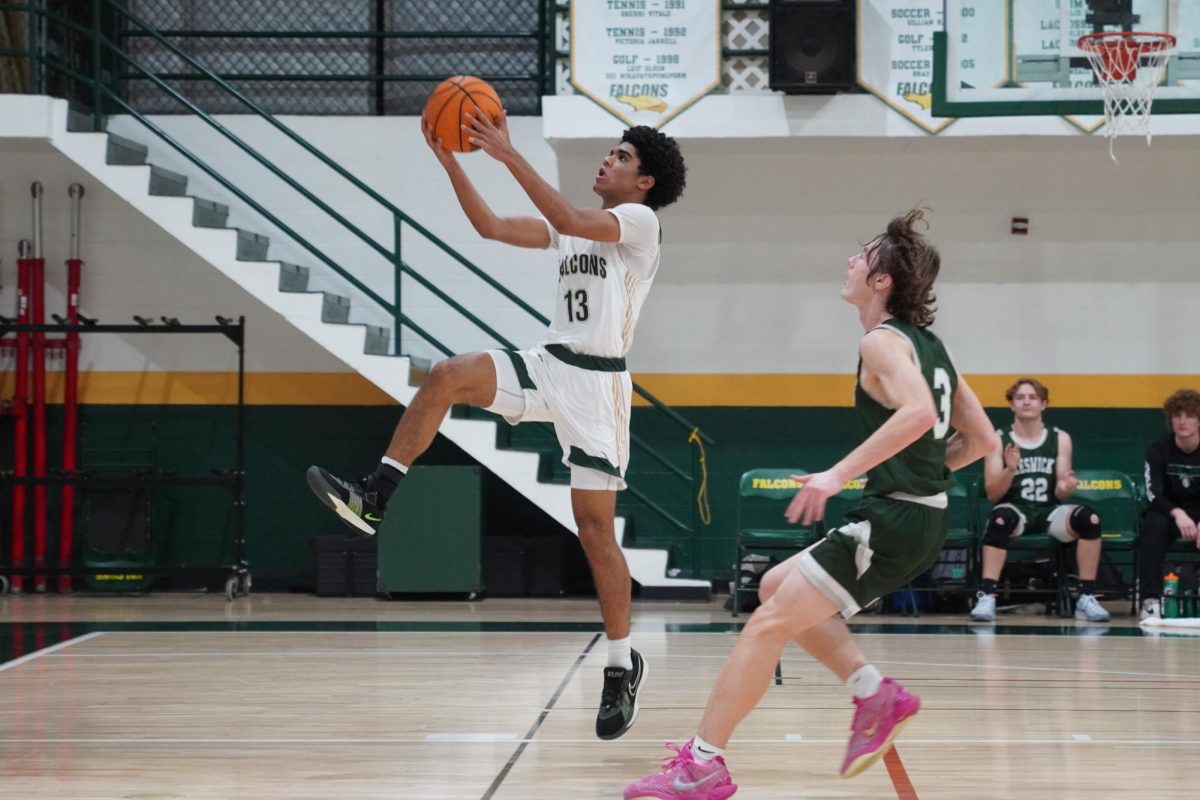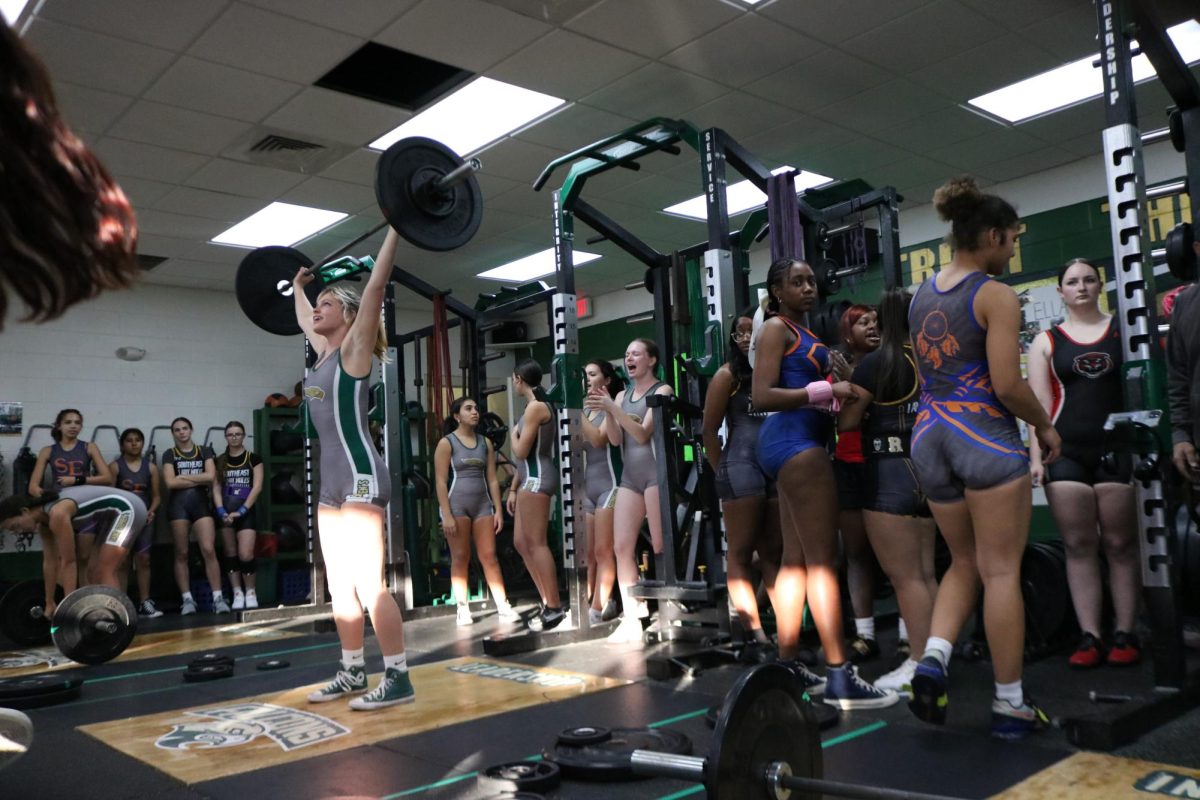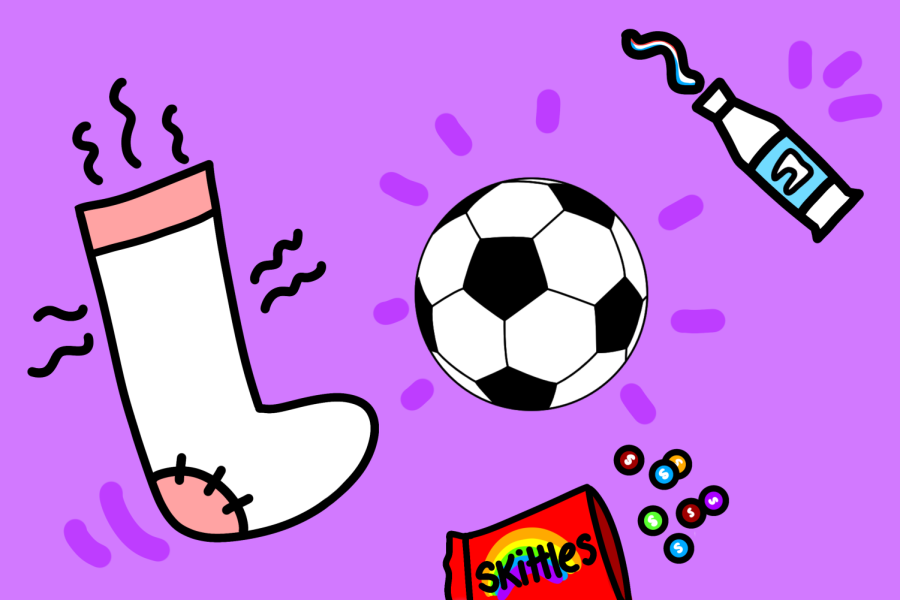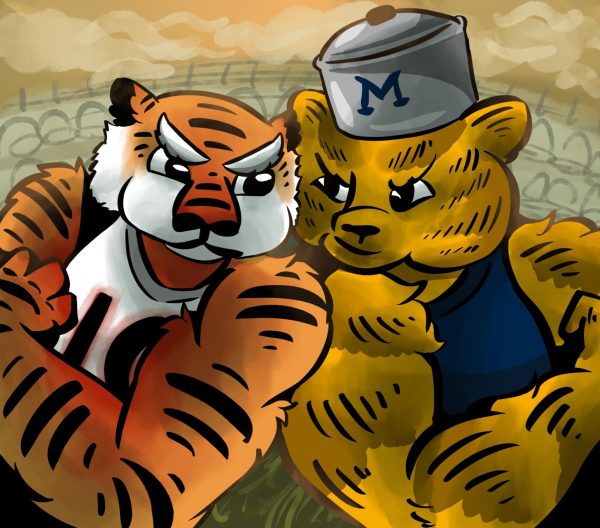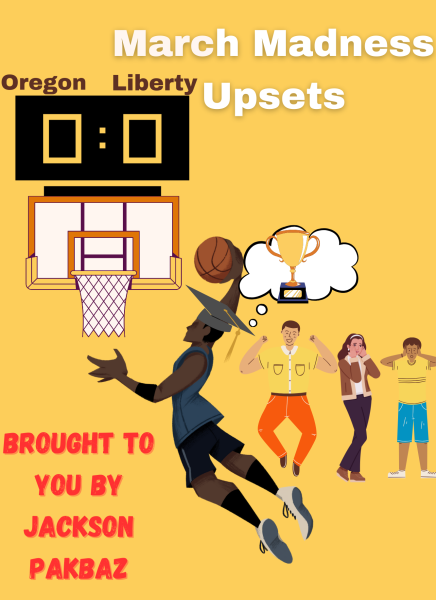Do superstitions really work? We asked a few Falcons
Athletes are known for having superstitions, and at Saint Stephen’s, we have some of our own.
January 21, 2022
Picture this.
Serena Williams sits in front of her locker before her final U.S. Open match at Flushing Meadows. She slides on her socks, which are crusty, stinky, and stiff. That’s because she hasn’t washed them for weeks. But, those nasty foot-covers may be the reason she walks home with a trophy today.
Why, you ask?
Because when Serena Williams is on a winning streak, she doesn’t wash her socks until she loses. Pretty weird thing, right?
Weird, but not so weird. From wearing the same socks every match, throwing chalk in the air, or listening to the same song, many athletes around the world have their own superstitions.
At Saint Stephen’s, our athletes and coaches have some of their own.
Jared Gray, a junior on the boys soccer team, can be found in the Falcon field house before every game brushing his teeth in the bathroom.
“I was really confused,” said Aquiles Gonzalez in regard to Gray’s habit. “I walked into the locker room before the game, and Jared was just there, brushing his teeth.”
Cole Rogers, a senior on the football team, has “lucky underwear” that he wears before every single game. (Yes, he washes them. Don’t worry)
Nikole Cosentino, a senior on the girls basketball team, claims that she plays badly if her hair is braided.
“I like the way I look with braids… but everytime I wear braids in a game I play awful,” says Cosentino.
Not only do some of the students on campus have superstitions, but our teachers do as well.
While Mrs. Cotton can usually be found teaching math, back in her soccer-playing days, she would take the tape from her ankles after games and add the used adhesive to a tape ball that would increase in size over time.
No matter how weird these may sound, there is evidence that proves superstitions can increase performance.
Stuart Vyse, a former professor of psychology at Connecticut College and author of Believing in Magic: The Psychology of Superstition, explains in an interview with the British Psychological Society: “There is evidence that positive, luck-enhancing superstitions provide a psychological benefit that can improve skilled performance. There is anxiety associated with the kinds of events that bring out superstition.”
Superstitions give people a sense of control over their lives, relieving anxiety. They offer the subject a sense of control for an advantage, namely a mental one.
The International Journal of Psychology and Behavioral Sciences says that superstitions have “evolved” to generate “a false sense of having control over outer conditions.” There is no physical advantage of superstitions, but the feeling of being in control helps us to feel calm and happy. Superstitions are “prevalent in conditions of absence of confidence, insecurity, fear, and threat.” These are all mental, and a lot of times in sports, the mental aspect of confidence can be a larger advantage to a physical one.
In the sports community, every athlete has faced a lack of confidence, insecurity in their skills, and fears.
Kobe Bryant would listen to the “Halloween Theme Song” on repeat before every game. This helped him lock in his mindset to be a stone-faced killer on the basketball court.
Marhsawn Lynch would eat skittles before every football game. According to Lynch, this would help settle his stomach.
Superstitions are proven to be beneficial to an athlete’s performance, and I encourage all athletes to find one of their own if they don’t have one. I even have my own; I play better in basketball when I wear a certain shirt.
But, this doesn’t have to just be in sports. Superstitions are truly something beneficial that people use in their everyday life, whether it’s making your bed a certain way, or having the same routine every morning.
Even though there are no physical benefits, a life without anxiety can be one lived with the help of superstitions.






























